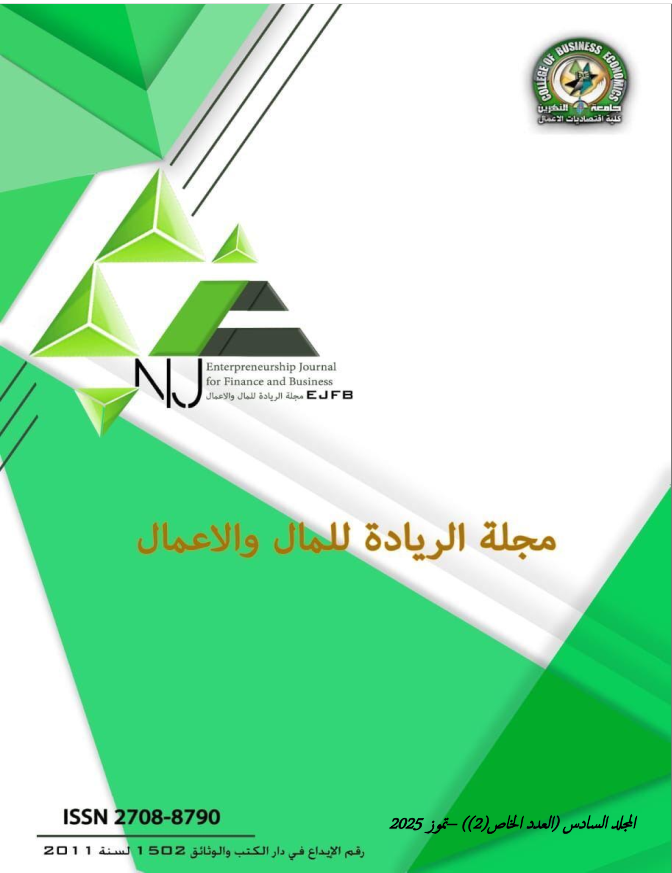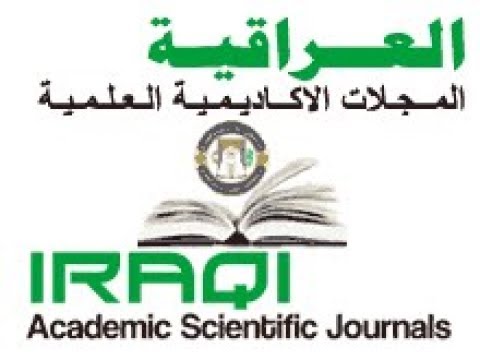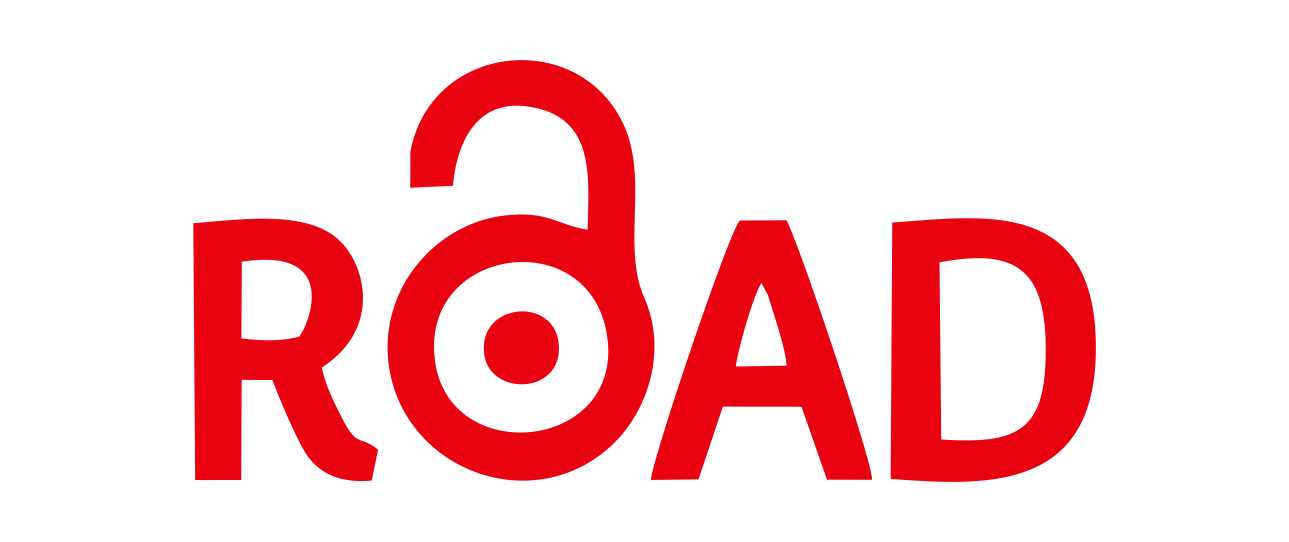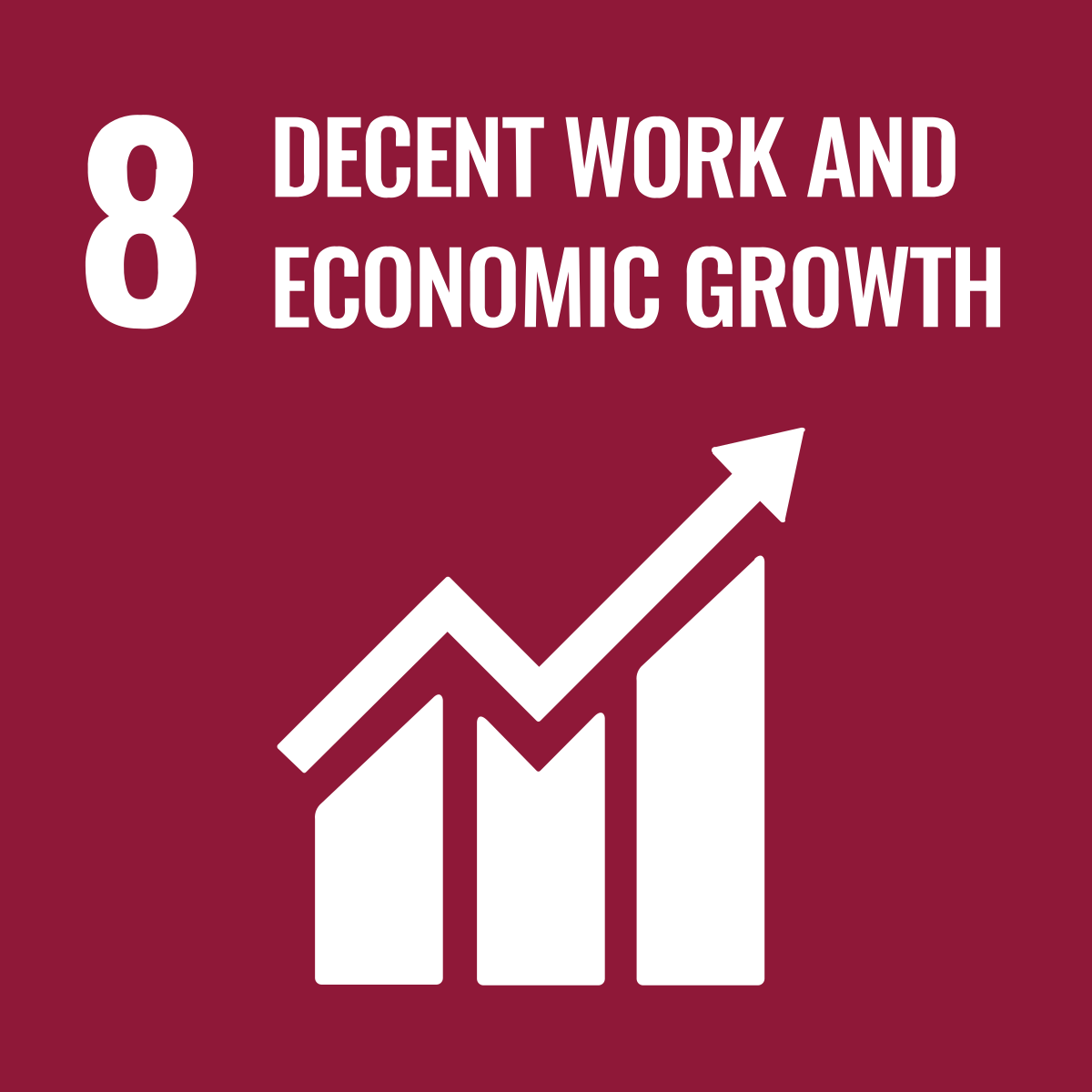The relationship between effective leadership and sustainable human development
DOI:
https://doi.org/10.56967/ejfb2025683Keywords:
effective leadership criteria, characteristics of effective leadership, institutional framework and global reference for sustainable development, dimensions of sustainable developmentAbstract
A major global reform movement has emerged in the last decades of the twentieth century, encompassing a range of political, economic and social aspects. The collapse of national borders, the globalization of economic activities and transactions, increased competition and free trade, the collapse of the economic structure, and the high rates of poverty and unemployment in developing countries are all consequences of this trend, which coincided with rapid changes in the global economy. This reform has been called for by a number of international agencies and organizations, including the World Bank and the International Monetary Fund. As one of the most important concerns of global decision-makers, led by the United Nations, the problem of sustainable human development and effective leadership has gained great attention. As a result, the idea of sustainable human development has been linked to good leadership, good governance and effective leadership, and even aid and grants provided to developing countries are now linked to the extent to which these countries adhere to and respect democratic standards, good governance and effective leadership.
Downloads
Downloads
Published
How to Cite
Issue
Section
License
Copyright (c) 2025 محمد جاسم علوان، صادق سعيديان

This work is licensed under a Creative Commons Attribution 4.0 International License.
This is an Open Access article distributed under the terms of the creative commons attribution (CC BY) 4.0 international license which permits unrestricted use, distribution, and reproduction in any medium or format, and to alter, transform, or build upon the material, including for commercial use, providing the original author is credited.










